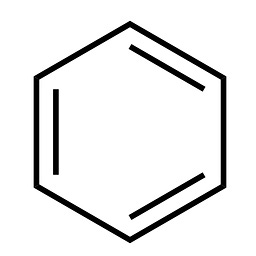In 2019, ChemistryWorld published a “wish list” of reactions for organic chemistry, describing five hypothetical reactions which were particularly desirable for medicinal chemistry. A few recent papers brought this back to my mind, so I revisited the list with the aim of seeing what progress had been made.

(in the spirit of Dale Carnegie and post-rat etiquette guides) Scientists, engineers, and other technical people often make fun of networking. Until a few years ago, I did this too: I thought networking was some dumb activity done by business students who didn’t have actual work to do, or something exploitative focused on pure self-advancement.

“A cord of three strands is not easily broken.” —Ecclesiastes 4:12 Computational chemistry, like all attempts to simulate reality, is defined by tradeoffs. Reality is far too complex to simulate perfectly, and so scientists have developed a plethora of approximations, each of which reduces both the cost (i.e. time) and the accuracy of the simulation.
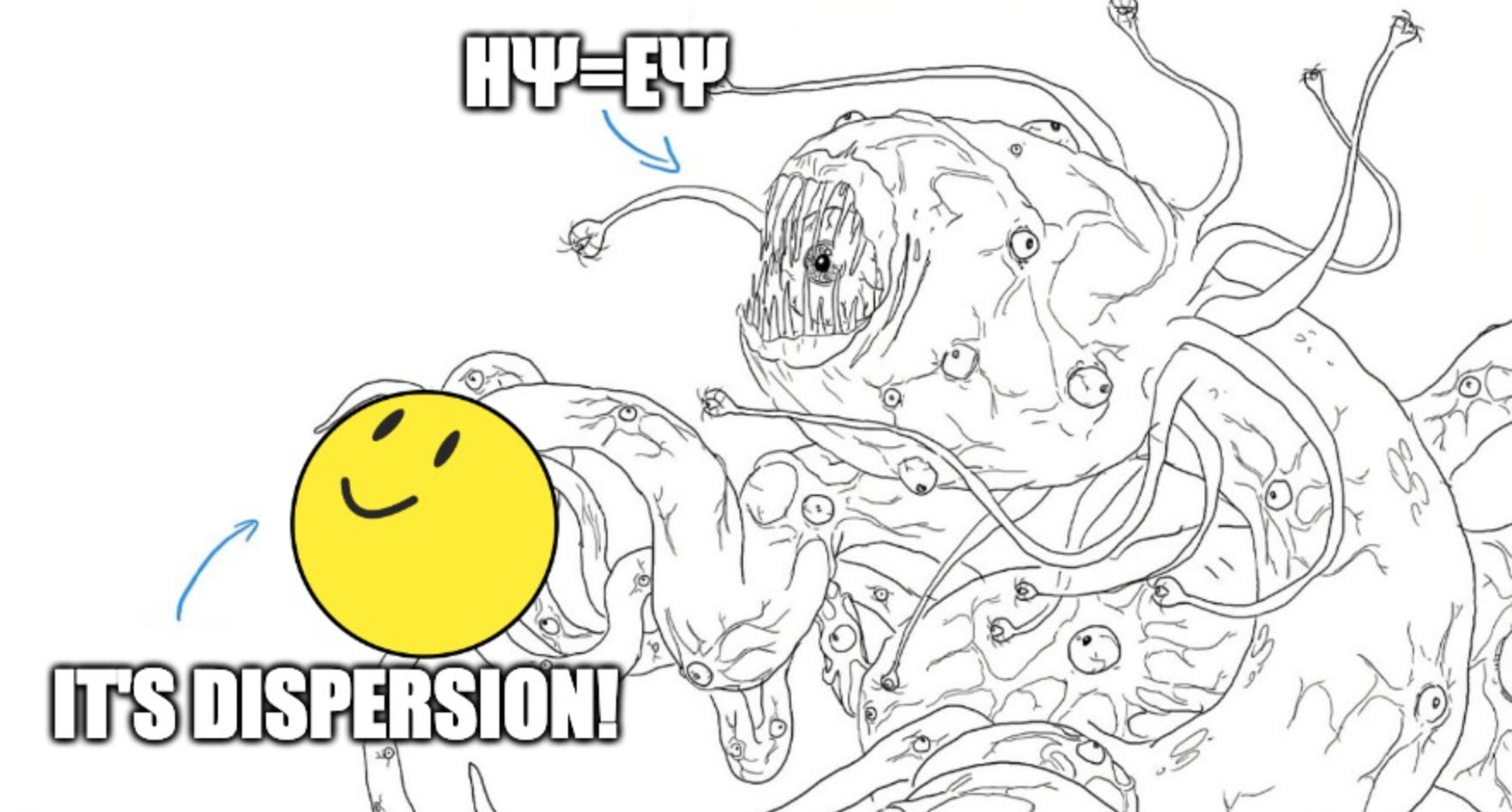
ICYMI: Ari and I announced our new company, Rowan! We wrote an article about what we're hoping to build, which you can read here. Also, this blog is now listed on The Rogue Scholar, meaning that posts have DOIs and can be easily cited. Conventional quantum chemical computations operate on a collection of atoms and create a single wavefunction for the entire system, with an associated energy and possibly other properties.
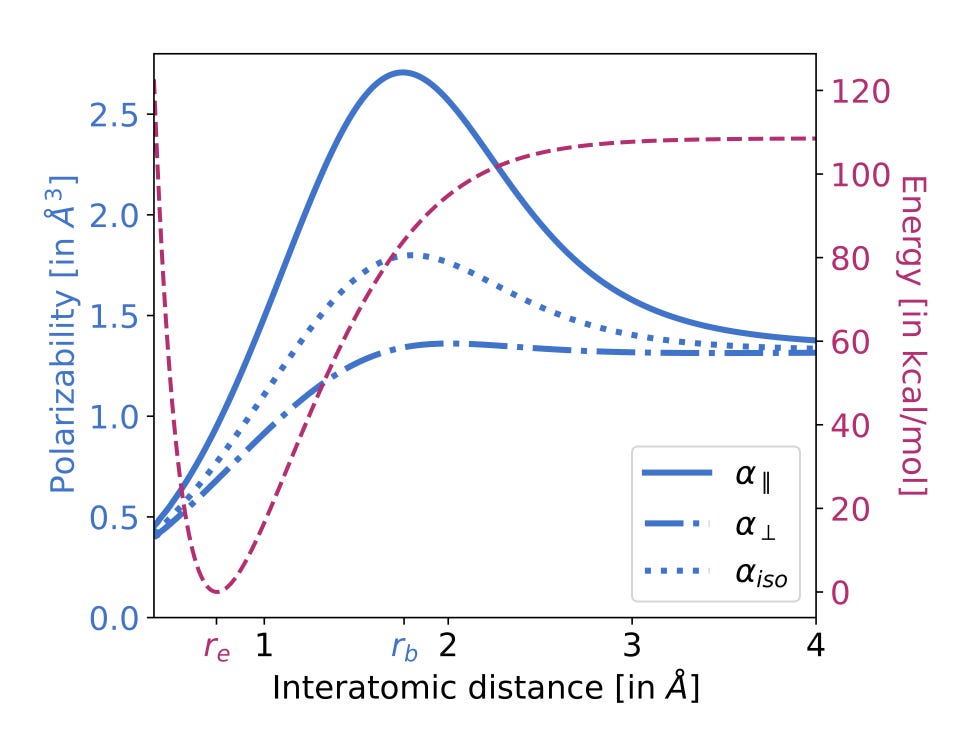
The Pauling model for enzymatic catalysis states that enzymes are “antibodies for the transition state”—in other words, they preferentially bind to the transition state of a given reaction, rather than the reactants or products. This binding interaction stabilizes the TS, thus lowering its energy and accelerating the reaction.

Since the ostensible purpose of organic methodology is to develop reactions that are useful in the real world, the utility of a method is in large part dictated by the accessibility of the starting materials.
TW: stereotypes about molecular dynamics. In his fantastic essay “The Two Cultures,” C. P. Snow observed that there was (in 1950s England) a growing divide between the academic cultures of science and the humanities: He reflects on the origins of this phenomenon, which he contends is new to the 20th century, and argues that it ought to be opposed: Snow’s essay is wonderful: his portrait of a vanishing cultural intellectual unity
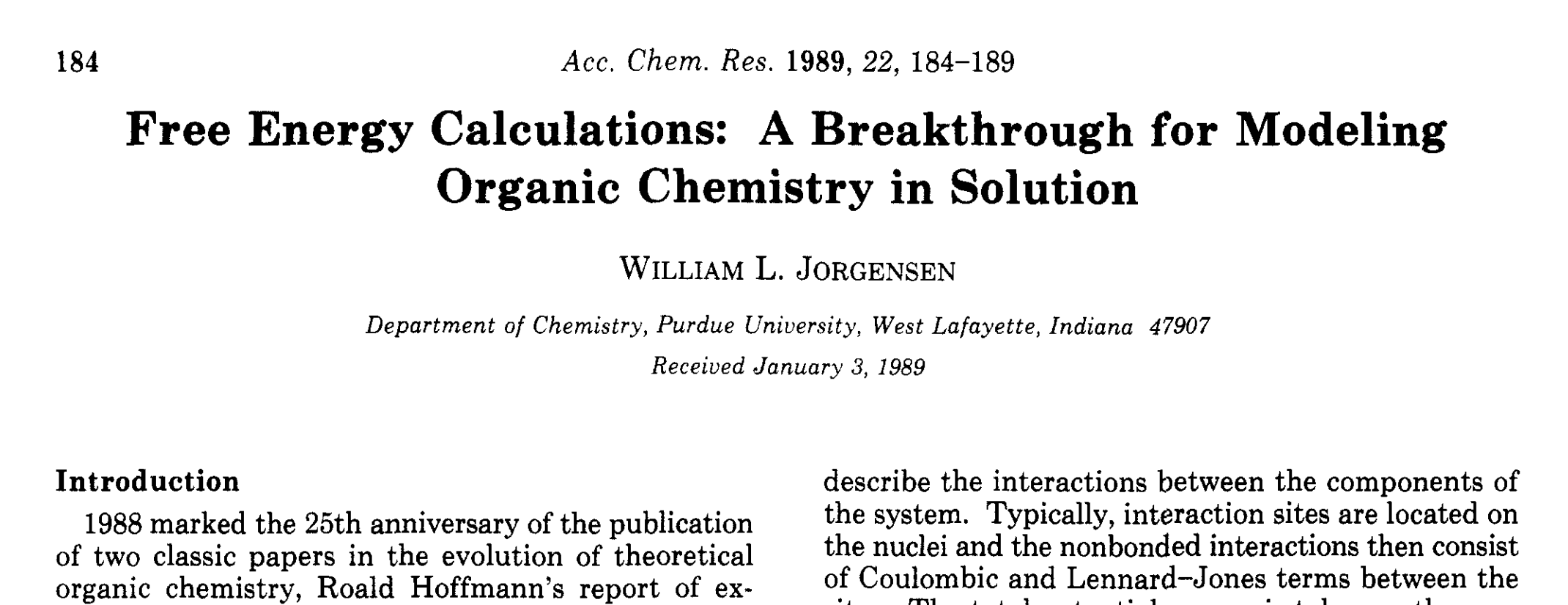
An important problem with simulating chemical reactions is that reactions generally take place in solvent, but most simulations are run without solvent molecules. This is a big deal, since much of the inaccuracy associated with simulation actually stems from poor treatment of solvation: when gas phase experimental data is compared to computations, the results are often quite good.
TW: sarcasm. Today, most research is done by academic labs funded mainly by the government. Many articles have been written on the shortcomings with academic research: Sam Rodriques recently had a nice post about how academia is ultimately an educational institution, and how this limits the quality of academic research. (It’s worth a read;
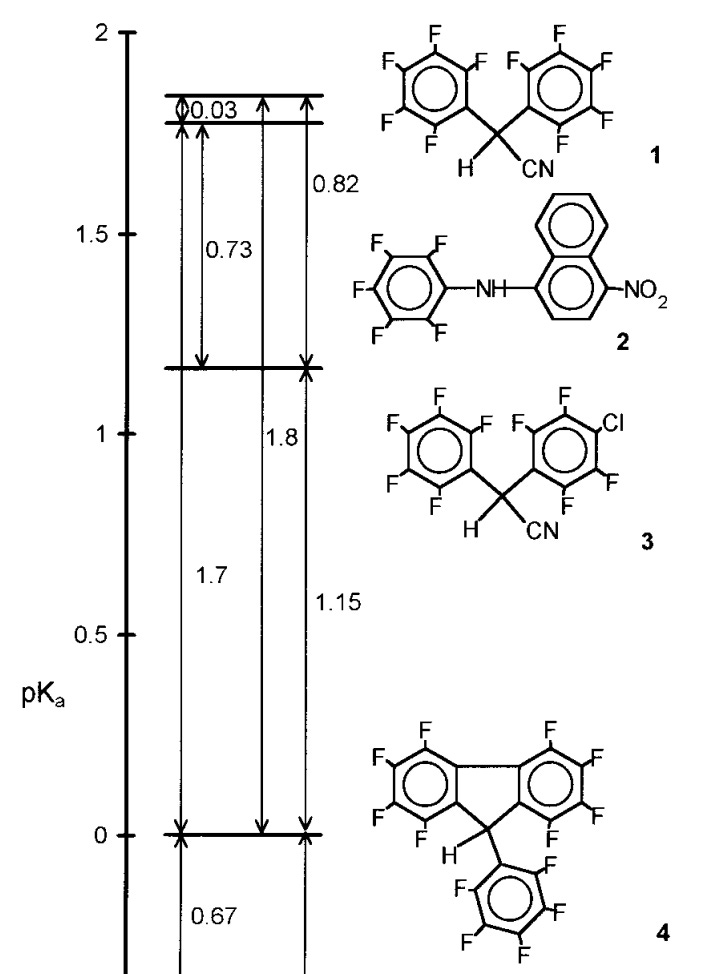
The concept of p K a is introduced so early in the organic chemistry curriculum that it’s easy to overlook what a remarkable idea it is. Briefly, for the non-chemists reading this: p K* a is defined as the negative base-10 logarithm of the acidity constant of a given acid H–A:* p K a := -log 10 ([HA]/[A-][H+]) Unlike pH, which describes the acidity of a bulk solution,
